Google claims Data-Driven Attribution combined with Auto Bidding improves performance
Google had announced in April that four of its attribution models would no longer be available for new conversions starting in June, and that Data-Driven Attribution (DDA) would become the default model.
DDA is currently the most popular model for automated bidding, while fewer than 3% of Google Ads conversions were being attributed using the 4 models that are going away.
Along with DDA, Last Click and External Attribution models will continue to be available. (External Attribution occurs when conversions are imported into Google Ads from a CRM system via Salesforce, Hubspot or Zapier.)
Yesterday - 21 June 2023 - Product Manager/Attribution Sheba Rasson announced in a short Google Support post that the 4 models being deprecated will continue to be usable for new conversions until mid-July. After that, no new conversions can be put on those models, and no existing conversions may be switched to them. Existing conversions on those models can remain in place until they are removed completely in September.
At that time, Google will switch any conversions still using the sunsetted models to DDA. But you will have the option of choosing the Last Click model instead.
Advantages claimed for DDA include:
- More accurate estimates of the impact of ads
- Ability to adapt to changes in conversion paths
- Taking maximum advantage of automated bidding
- Cross-device, cross-channel that can credit all interactions
DDA is most powerful when used with an automated bidding strategy. And it can take days or weeks to build and optimize a DDA model. So don't wait to start experimenting with this - get a jump on the new mid-July transition date.
.

 - David
- David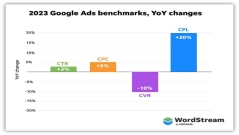
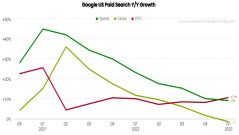
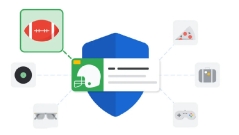

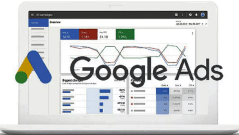
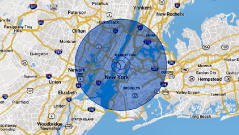
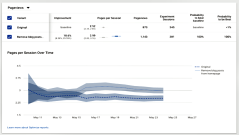
Comments on Four Google Ads attribution models now scheduled to sunset by mid-July